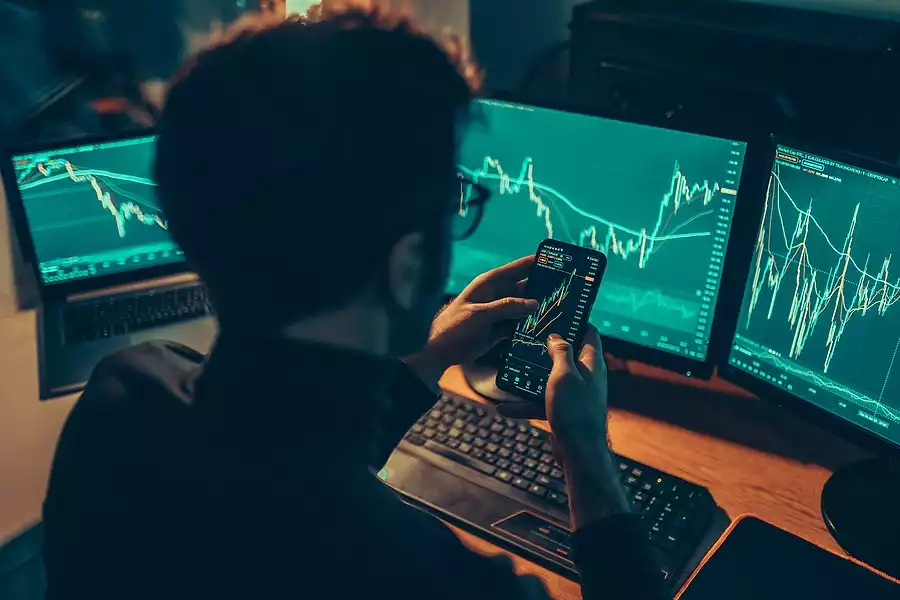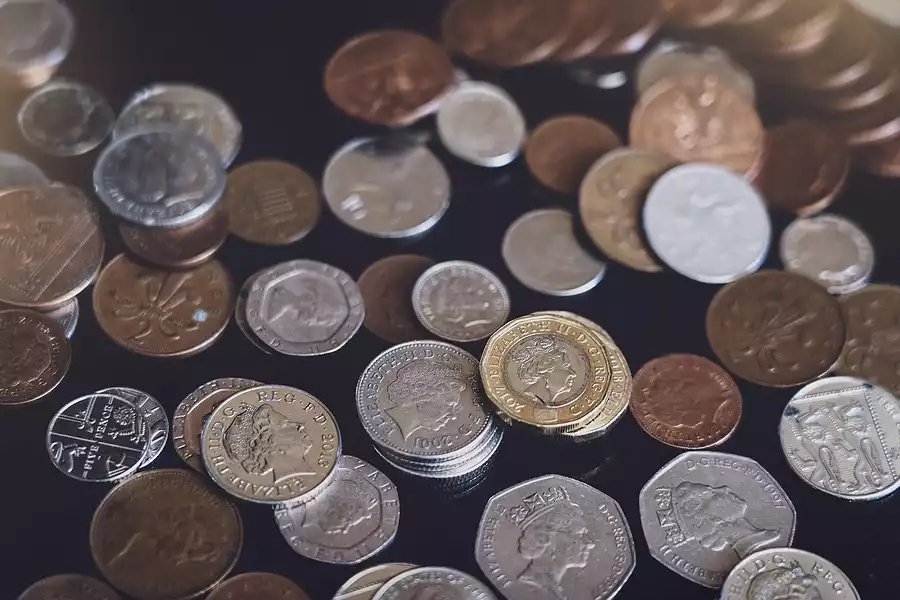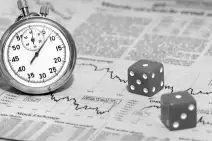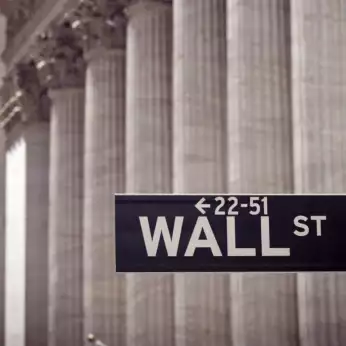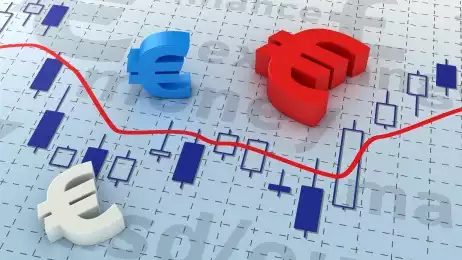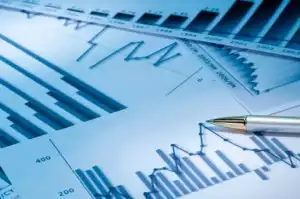Our Mantra of Laziness
The Lazy Trader is passionate about making finance seriously simple, laidback and fun.
Our “Lazy Way” will help you to Increase your knowledge, accelerate your wealth and… relax!
Enjoy more - doing less.
The Lazy Way to Creating Long-Term Wealth
By opting in, you automatically subscribe to our newsletter. You can opt-out at any time.
We promise to keep your email safe and will only provide you with carefully selected offers (some 3rd party). See our privacy policy here.
This site is protected by reCAPTCHA and the Google Privacy Policy and Terms of Service apply.
 Relaxing
Relaxing

Everyone loves to read about the lifestyles of the rich and famous and the celebrity financial fails that comes with them. It's fascinating to learn how the other half live and find out what’s possible when you achieve such levels of success. However, sometimes it’s also fun to just amuse you...

